#karen kelsky
Explore tagged Tumblr posts
Text
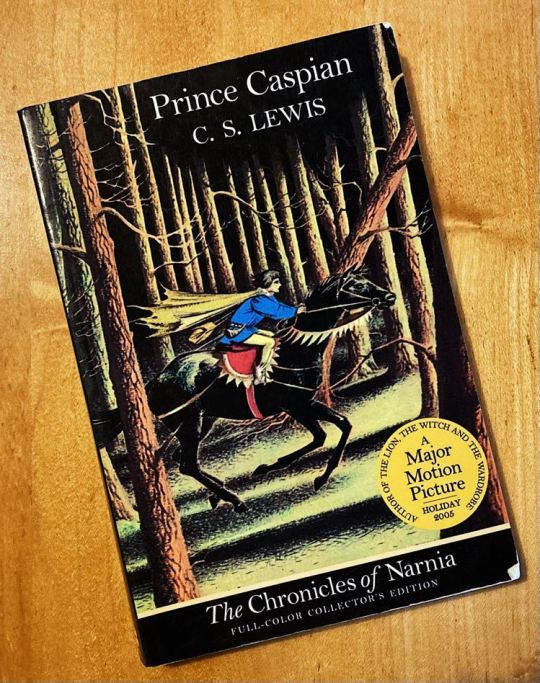
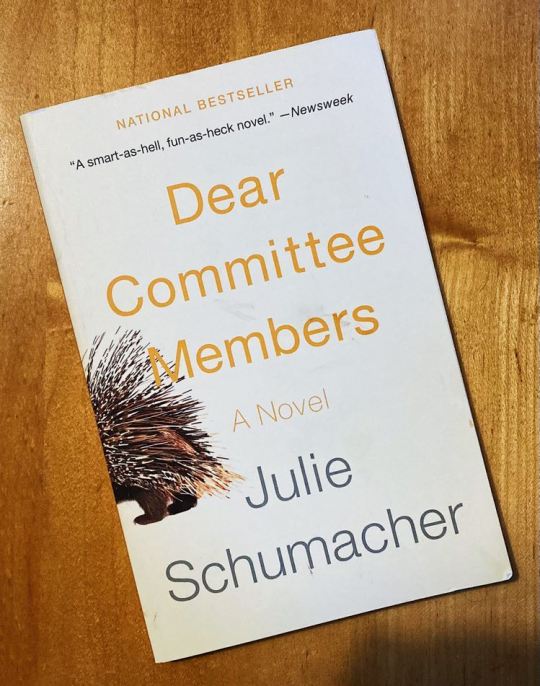

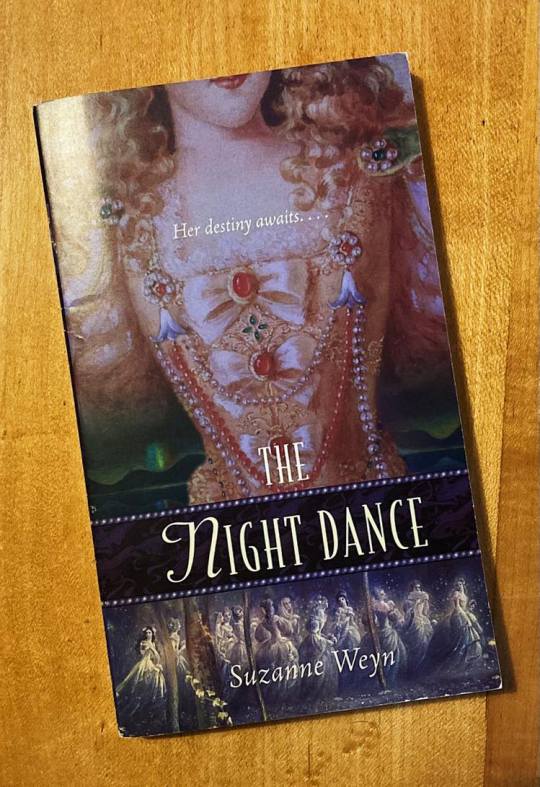


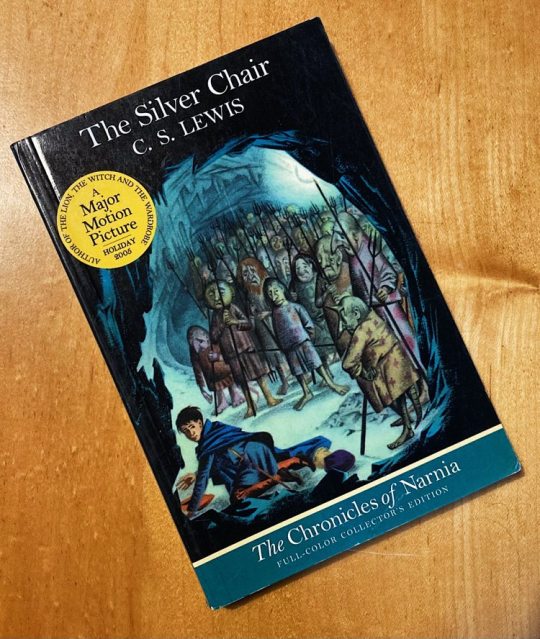
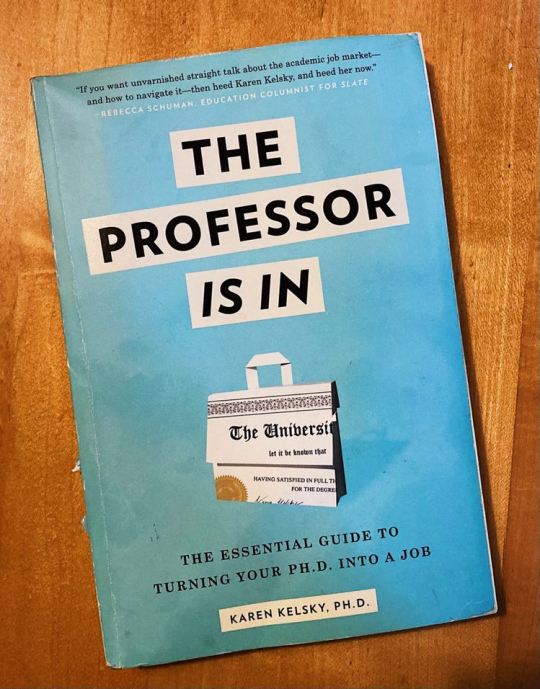
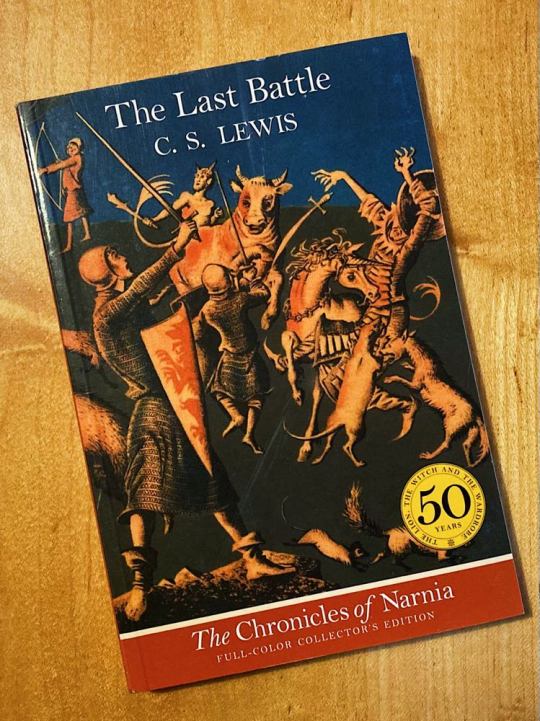
Celebratory Book Haul!
Since my dissertation prospectus is finished and turned in, I treated myself to $50 worth of books. Husband isn't happy with me. But I am!😆
Prince Caspian by C. S. Lewis
Dear Committee Members by Julie Schumacher
The Horse and His Boy by C. S. Lewis
The Night Dance by Suzanne Weyn
The Voyage of the Dawn Treader by C. S. Lewis
The Goblin Emperor by Katherine Addison
The Silver Chair by C. S. Lewis
The Professor Is In by Karen Kelsky
The Last Battle by C. S. Lewis
#booklr#book photography#book haul#books#the chronicles of narnia#c s lewis#prince caspian#the horse and his boy#the voyage of the dawn treader#the silver chair#the last battle#julie schumacher#dear committee members#the night dance#suzanne weyn#the goblin emperor#katherine addison#the professor is in#karen kelsky
21 notes
·
View notes
Note
what would you recommend if it's already too late for me and I got a useless master's degree and am struggling to find work with it? it's been over 6 months of job searching and the only work I have is an exploitative part time RA job that I can't support myself with and is just burning me out more, I'm exhausted and have health problems due to the stress of being in academia, I have loans that are already in repayment, I'm autistic and don't interview well but lately I haven't even been getting interviews and idk I'm just at a loss. if I knew when I'd get a new job I'd quit this shitty one just to give myself a break but it's my only source of income rn and yeah I have some savings but if it takes another 6 months or more to find a job I'd be fucked. anyway this turned into a vent post but yeah totally agree that anyone thinking of grad school should seriously reconsider. I wish I had (although being in a similar situation 5 years ago with no job prospects after undergrad and being unemployed for a year was what pushed me to do more schooling in the first place)
I'm so sorry you're in this situation. I really would recommend checking out Karen Kelsky's blog -- she has a ton of resources there for current & former academics who need help making their academic credentials more palatable to employers outside of universities. She does offer coaching and resume/cover letter editing services too, though I'm hesitant to recommend you spending any additional money when you've already been screwed over and you're not making enough to cover the bills. For now, just check out all of her advice on her blog, and maybe pirate a copy of her book of libgen.is -- it will take a while to reorient your perspective away from what academia has drilled into you, but you will get free of this and learn to see yourself in a way completely independent from your academic life, believe me, and life will be better.
72 notes
·
View notes
Text
MAY 2024
Read:
I Have No Mouth and I Must Scream: The Terror of Tamagotchi
How to set yourself free with ritual
We are all caught in a pessimism trap but there is a way out
Her body is a problem
The Everything Virus
How to Future
Libraries, A Love Story
The Anxiety of Difficulty
Thinking Like a Scientist Will Make You Happier
Why Won’t Academia Let Go of ‘Publish or Perish’?
On the moral responsibility to be an informed citizen
Don’t be stoic: Roman Stoicism’s origins show its perniciousness
How Do We Get People Who Believe in Pseudoscience to Trust Science?
The Professor Is In by Karen Kelsky
Watched:
Priscilla and the Plight of Women(’s Biopics)*
The Double-Edge of Beauty Explored Through Malèna
The Beautiful Illusion of Cozy Games
Challengers
Belfast
Wicked Little Letters
Eileen
Poor Things
Listened To:
Good Luck, Babe! by Chappell Roan
Challengers (Original Score)**
Challengers [MIXED]
Went To:
Swan Lake @ the Royal Opera House
#*Just excellent points throughout.#**I am not the same person since the Challengers soundtracks came out. I write papers at twice the speed now.#personal
48 notes
·
View notes
Video
youtube
Every year in the United States, universities produce more and more Ph.D. graduates in an ever-shrinking academic job market. Many are saddled with hundreds of thousands in debt and left to teach part time at such low rates that many qualify for food stamps. Why does this happen and why do bright students continue to fall for it? Dr. Karen Kelsky, renowned academic expert and owner of The Professor Is In, answers these questions in this engaging and enlightening talk.
4 notes
·
View notes
Quote
So write.... Not like a girl. Not like a boy. Write like a motherfucker.
Tiny Beautiful Things: Advice on Love and Life from Dear Sugar Cheryl Strayed Quoted in Conclusion: Declaring Independence, The Professor Is In by Karen Kelsky
29 notes
·
View notes
Photo

“the professor is in: the essential guide to turning your phd into a job” by karen kelsky is a really great resource for both prospective and current phd students in every field (humanities, social sciences, and STEM). it’s probably the most thorough advice book for phd students i’ve encountered and covers everything from choosing the best thesis advisor to grant writing tips to how to apply for post-docs and interview tips and much more. as the title suggests, it does lean more towards those wishing to stay in academia to become assistant professors and such, but there are still good tidbits for those going into non-academia careers (and the advice given for grad school in general is applicable to everyone).
i highly recommend checking it out, no matter where you are in your grad school career! even as a seasoned grad student about to graduate i still found a lot of helpful tips in there (as you can tell by my stickies).
114 notes
·
View notes
Text

I’ve been reading this cool book, The Professor Is In by Dr. Karen Kelsky, about understanding the faculty job search process in academia. She’s a little more focused on humanities than life science, but covers both fairly well, and I took away a few really good tips from her!
#book#reading#reading list#book rec#phd#gradblr#grad school#academia#research#neuroscience#neurobiology#biology#laboratory#grad student#professor#notes#bujo#bullet journal#bujo collection#muji#handwriting#hawtchocolate
21 notes
·
View notes
Text
Reads of 2020: The Good, the Bad, and the Meh
Reflecting on what I read this year, and I thought I��d share my thoughts with you. I noticed that I read a lot of bad or middling books in 2020, and I didn’t read as much as I usually do (I’m guessing it’s because I finished my PhD, moved to a new state, and had a lot of mental health struggles). So, in no particular order, here’s a recap of what I managed to accomplish:
The Good: Books I Loved
Fiction
Piranesi by Susanna Clarke
The Empire of Gold by S. A. Chakraborty
A Choir of Lies by Alexandra Rowland
The Countess Conspiracy by Courtney Milan
After the Wedding by Courtney Milan
The Masqueraders by Georgette Heyer
Unveiled by Courtney Milan
The Governess Affair by Courtney Milan
The Night Circus by Erin Morgenstern
Spin the Dawn by Elizabeth Lim
Poetry
The Unstill Ones by Miller Oberman
Non-Fiction
Hope in the Dark by Rebecca Solnit
Humankind by Rutger Bregman
Bullshit Jobs by David Graeber
The Unidentified by Colin Dickey
Rebel Angels: Sovereignty and Space in Anglo-Saxon England by Jill Fitzgerald
The Professor is In by Karen Kelsky
Utopia for Realists by Rutger Bregman
Borrowed Objects and the Art of Poetry by Denis Ferhatovic
God: A Human History by Reza Aslan
The Meh: Books I Enjoyed, but Am Not Raving About
Fiction
Ring Shout by P. Djèlí Clark
Warbreaker by Brandon Sanderson
A Touch of Stone and Snow by Milla Vane
Lacrimore by SJ Costello
Mirage by Somaiya Daud
Fortune Favors the Wicked by Theresa Romain
Butterfly Swords by Jeannie Lin
Domu: A Child’s Dream by Katsuhiro Otomo
The Sea by Villadsen Rikke
Echo North by Joanna Ruth Meyer
Once Upon a Marquess by Courtney Milan
Cruel Beauty by Rosamund Hodge
The Bourbon Thief by Tiffany Reisz
The Watchmaker of Filigree Street by Natasha Pulley
Unclaimed by Courtney Milan
Talk Sweetly to Me by Courtney Milan
The Heiress Effect by Courtney Milan
The Red Tent by Anita Diamant
The Monster of Elendhaven by Jennifer Giesbrecht
Non-Fiction
The Fall of the Faculty by Benjamin Ginsberg
Know My Name by Chanel Miller
Cranioklepty by Colin Dickey
The Bad: Books that Let Me Down
Fiction
The Cruel Prince by Holly Black
Bride by Mistake by Anne Gracie
Not Quite a Husband by Sherry Thomas
Paladin’s Grace by T. Kingfisher
Unravel the Dusk by Elizabeth Lim
In Search of Scandal by Susanne Lord
The Raven’s Tale by Cat Winters
Wicked Intentions by Elizabeth Hoyt
A Dangerous Invitation by Erica Monroe
Prosper’s Demon by KJ Parker
Death in an Ivory Tower by Maria Hudgins
Gawain by Gwen Rowley
Non-Fiction
So What are You Going to Do With That? by Susan Casalla
5 notes
·
View notes
Text
Clear template on how to approach grant writing by Karen Kelsky.

1 note
·
View note
Text

November Wrap Up
Where exactly did November go? At least this one is posted in a timely manner...
Books Read: 8
I had a much better reading month than October, thank goodness. My favorite of the month was The Professor Is In, though Deathless is a close second. The worst of the month was "Brother Jacob." And for some reason I subjected myself to rereading Midnight Sun and dealing with Edward's angsty narration again. I don't know why I did that, but it held up at 3 stars. Books marked with ® are rereads.
The Professor Is In: The Essential Guide to Turning Your Ph.D. Into a Job by Karen Kelsky - 5 stars
Wolfsong by T. J. Klune - 3 stars
Lovely Bad Things by Trisha Wolfe - 4 stars
"Brother Jacob" by George Eliot - 2 stars
Deathless by Catherynne M. Valente - 5 stars
The Plot by Jean Hanff Korelitz - 4 stars
The Equivocal Virtue: Mrs. Oliphant and the Victorian Literary Market Place by Vineta and Robert A. Colby - 2 stars
Midnight Sun by Stephenie Meyer - 3 stars ®
On Tumblr:
Have some lists and cute animal photos. That's all I've got for you. And I guess the incredibly late October wrap up. 🤷♀️
October 2023 Wrap Up
Cat Photography: Sleepy ❤️
Dog Photography: Willow
Nonfiction aliteraryprincess Has Read - Updated 2023
aliteraryprincess' Nonfiction Shelf
Books aliteraryprincess Has Read by the Same Author - Updated 2023
On YouTube:
There's not as much here as usual. I just was not in the mood to film whenever I did have a free moment. I usually opted to nap instead. Maybe it's the seasonal depression setting in.
The End of the Year Book Tag 2023
Victober Wrap Up
September to November Book Haul
Currently Reading 11/17/23
The George Eliot Project: Brother Jacob
What I Read for My PhD in English Literature: Comics and Graphic Narrative
4 notes
·
View notes
Note
speaking of graduate school, shoutout to the postdoc in my first year of undergrad who basically told me it was a bad idea for me to get my phd bc there was not much i could do with it except be stuck making minimal money as a postdoc like her ��� at the time it upset me & now i am thankful for that & that i was able to switch my major & not get an advanced degree
I want to prevent everyone that i can from getting run into the ground and scammed. Every wannabe academic, read The Professor is In by Karen Kelsky. The vaunted ivory tower career you have envisioned for yourself does not exist, and you will be hurt in the pursuit of it
55 notes
·
View notes
Photo



Books 1, 2, and 3 of 2017
Strangers in their Own Land, by Arlie Russell Hochschild. Today Will be Different, by Maria Semple. The Professor is In, by Karen Kelsky.
These are the first 3 books I read in 2017. The Kelsky book I read with some current PhD students from the program I graduated from -- it's mostly about finding academic work, which I didn't do, but it was nice to read with hindsight. Kelsky offers really great advice for what to do as PhD student, starting in year one, to set yourself up for tenure track work, but I'm not sure I would have been able to hear or absorb that advice at the start of grad school. She's smart and matter-of-fact and this is good anthropology of academia.
Today Will be Different is nowhere near as good as Where'd you go, Bernadette was. It's pretty unmemorable a couple months later.
Strangers in Their Own Land is by far the best of this batch -- sort of a follow-up read to Hillbilly Elegy in the strain of understanding poor rural America. Hochschild is an outsider, not a memoirist, and her scholarship has been concerned with feeling and empathy for a long time. Here, she seeks to understand why people in rural Louisiana feel an affinity for republicanism and Trumpism, even though they are the worst hit by environmental degradation. The answer is religion, a feeling of suffering as its own kind of marker of virtue, and the metaphor Hoschild puts forward of (white) people "waiting in line" for the American Dream and feeling like they've been cut in front of by women and people of color who they see as gaining more rights and prominence. I'm not sure this book was successful, in that I as a reader don't feel like I have any more understanding of how and why these folks think what they do. The researcher position Hoschild takes makes it impossible for her to argue back; she just has to absorb and report what people tell her.
#arlie russell hochschild#strangers in their own land#karen kelsky#phd life#maria semple#novel#dktreads#dktreads2017#books
0 notes
Text
SLAC in the Midwest

I once taught at a SLAC in the Midwest as an adjunct. The English comp classroom I was in was only accessible by walking through the gym across the basketball court; you interrupted games and during class you heard “pound pound thud clang pound.” The locker rooms were next door, so the room smelled rancid – hot, sweaty, foul. I asked for a room change, and the only available one was a chem lab in a posh new science building. Smelled great, but big black lab desks weren’t ideal for group discussion. That was my first stint there and I actually had an office with a window. I came back for more.
The second stint my office was literally just the *end of a hallway* in the building I taught where there were some available chairs. When my students wanted to meet they had to email me to set up an appointment to meet me “at the blue chairs.”
For more info on this Tumblr contact Karen Kelsky at [email protected] (http://www.theprofessorisin.com)
0 notes
Quote
I was indeed angry back then. Because back then, I was living entirely according to the principle of external validation. I was in thrall to the academic cult, which dictates that you have value only if others in authority have validated your work. Your comprehensive exams, your dissertation, your articles, your grant proposals, your book, your job search, your tenure case: All succeed or fail based on the judgment and approval of people above you. The properly socialized academic makes that validation the core of her identity. No wonder the young of the profession are so servile. Dependency on external validation is the enemy of contentment and joy. My process of becoming post-academic has been 100 percent a process of finding my own inner source of validation. My work is valuable because I say it is. This was a brutally hard stance to achieve.
Conclusion: Declaring Independence The Professor Is In Karen Kelsky
4 notes
·
View notes
Note
Hello! Thinking of trying to get hold of "The Professor Is In" book - is the advice tailored to graduate school in the US, or would you say it's quite applicable to graduate schools everywhere? Thank you v much in advance ❤️
Hello anon!
Since I haven’t lived through the experience of grad school outside of the US, I’m not sure I can completely answer that question. However, I will say that though the book is written for the American setting (ie. academia in America) by an American (who got her graduate degrees from American universities and thus also does not have international experience), there are still aspects that apply to grad students everywhere, such as tips for conferences, publications, CVs, interviews, etc. It’s also focused heavily on the career steps following a PhD, so it would be very helpful for those looking to move to the US for a post-doc or professorship.
Here are the table of contents (screenshots from the “Peek Inside!” function on Amazon) that might help a bit in deciding if this book will be applicable to you:




You can also your question to readers of the book on Goodreads, or comb through the reviews to see if anyone mentions its broader non-US applications.
I’ll also open the floor to anyone in #gradblr who has read The Professor Is In: The Essential Guide To Turning Your Ph.D. Into a Job by Karen Kelsky and can speak to its applicability outside of the US. Thanks in advance!
13 notes
·
View notes
Text
On My Life
Some of you know about this because we have discussed it in person, and others of you have probably assumed this was the case, but I thought it was time to publicly and explicitly discuss what’s going on with me regarding THE FUTURE when it comes to career options, particularly the dreaded tenure track. This’ll be long, I guess. Read at your own risk.
Simply and shortly, it has been three years and I have applied for nearly one hundred positions in areas such as media studies, visual studies, American studies, cultural studies, contemporary American literature, comparative literature, and, of course, the few comic studies positions that have come up. I have applied across the country and internationally. I received one request for more information. I have never been invited to even one first round interview.
I was the interim head of a program since graduation. In my graduate years, I organized events, including a pedagogy conference. I am a member of a board of a conference in my field. I have letters from three luminaries in my field, two from outside my institution. I have an impeccable teaching record. I have a publication; and in my last round, I had two publications under review. I have multiple conference appearances. I have a strong service record in and outside academia. I had peers and colleagues look over my materials at multiple stages. I admit I did not pay Karen Kelsky hundreds of dollars to look at them.
I admit that I have not applied for every available position. Shaun and I decided long ago that our quality of life meant we would not be willing to live just anywhere. I have not applied for any and every visiting position (though I have applied for many). I did not apply for every adjunct position. I have a hard time, at my age, imagining moving across the country every year for a one-year position only having to start over and do it all again.
I admit that I could be publishing more. I know this, but my focus has always been on teaching and working with my peers in the field, and I think my record reflects this. Unfortunately, in the era of metrics publications are all that matters. I had hoped the excellence in other areas could overcome this, and that the presence of publications and promise of more (there are more on the way, still!) would work. It did not.
So it came to this: I knew the market was affecting my mental health (and thus my physical health) in seriously negative ways. I was spiraling. I felt like I was doing everything right, but getting nowhere. I would see people who I thought I was as good as getting positions, and I didn’t understand it. I was questioning my worth not just as a scholar, but as a human. I have, since I started grad school, fiercely protected my moments of humanity. I have a husband. I get to spend time with him. I get to sleep. I get to be a person. No job should take that away, no matter how much I love it. (I mean, obviously there are crunch times, but, you know what I’m saying). So I realized that I had to step away.
I realized that I could still find ways to teach outside of the tenure track. It would be hard and different, but I could do it. That’s one reason I’ve started my YouTube channel. Not everyone gets access to Comics Studies 101 in college. Maybe they can online! I’m also hoping to find ways to work with teachers at all levels who hope to teach comics, to help them teach comics better. I know there’s a demand for this in a lot of middle and high school classrooms. I know, based on my experience at conventions, people outside the college classroom want to discuss comics and fandom in serious ways. Helping out with Miss Anthology has been one of the most enriching experiences of the past few years. I look forward to finding ways more to do this kind of work.
I have also, in some of my alternative positions, remembered my wealth of other skills. I am very good at administrative and organizational tasks. I am LOVING my current work as an associate curator on the Marvel Show opening soon at MoPop. I would love to continue exploring this, for sure!
For that last three years, I have been stringing together one-term or one-year gigs with the hope it might lead to something permanent. Now, I know it won’t. I can work temporary teaching gigs knowing it is on my terms. There are problems with the “gig economy” – a lot of them – but I am happier knowing that I am working in an uncertain world -on my terms- rather than chasing some imagined carrot that may never materialize.
We also really like it here in the PNW. And for someone wanting to be involved in the comics world, it’s the place to be. I like working with creators and creatives, with people working directly in publishing (maybe someday I’ll get involved in that, too). I hope to continue to teach in the classroom, too—there are, after all, two comics programs right nearby and I’m qualified…no other area in the nation can say that! I’m happy to pick up classes (I’ll be doing one this summer for UO, in fact). I’m not giving up on teaching, just on tenure-track academia.
Anyway, that’s where I’m at!
3 notes
·
View notes